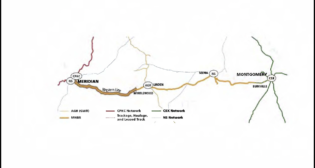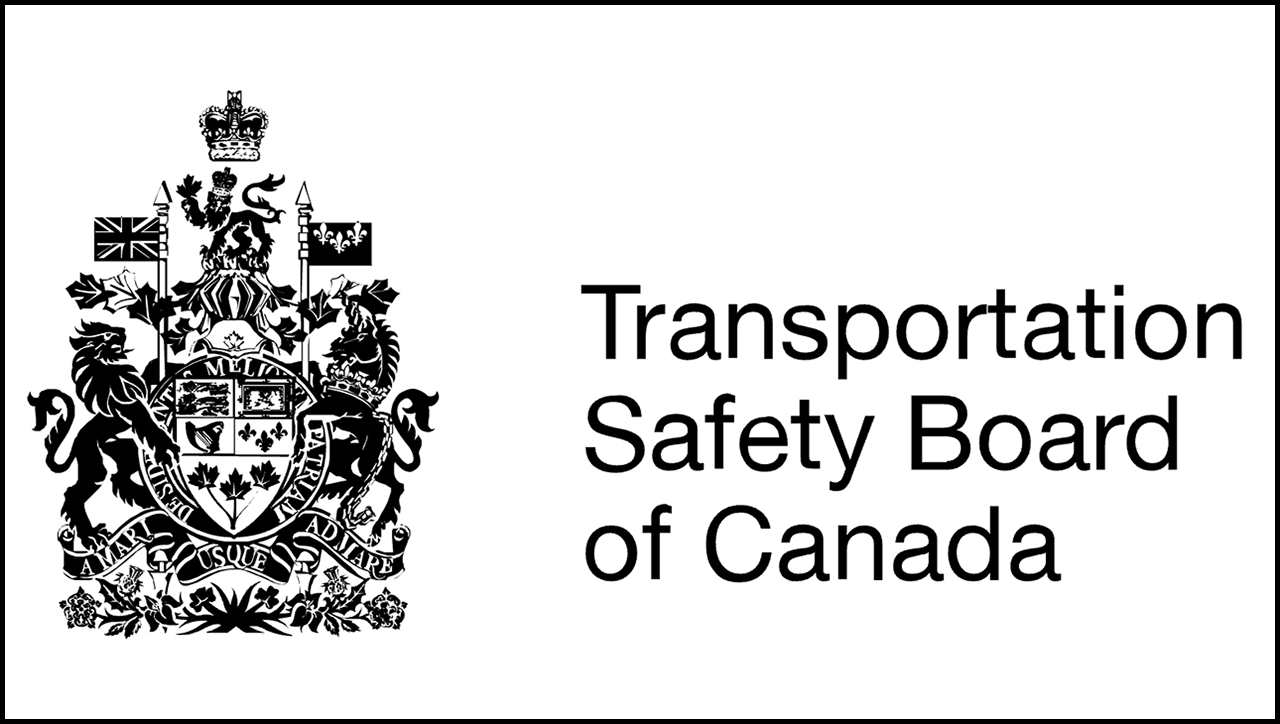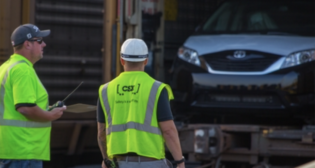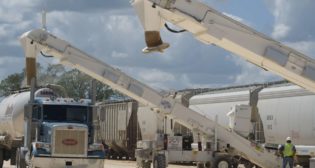
TSB Releases Annual ‘Safety Recommendations’ Assessment
Written by Marybeth Luczak, Executive Editor
The Transportation Safety Board of Canada (TSB) on June 13 issued an annual assessment of responses to its “outstanding safety recommendations” in the rail, marine and air transportation sectors.
There are no outstanding recommendations in the pipeline transportation sector, reported the TSB, which is described as an independent agency that investigates rail, marine, air and pipeline transportation occurrences to advance safety, not to assign fault or determine civil or criminal liability.
The TSB said that it issues safety recommendations “as a call to industry and regulators to address systemic problems that pose a serious safety risk to Canada’s transportation system.”
Under the Canadian Transportation Accident Investigation and Safety Board Act, federal ministers must formally respond to the TSB recommendations within 90 days and explain how they have addressed or will address the safety deficiencies. The TSB assesses responses to recommendations “according to the extent to which the safety deficiency has been or is being addressed,” the agency reported. Once recommendations have been assessed as Fully Satisfactory, they are closed.
The TSB annually assesses progress on outstanding recommendations as part of its ongoing efforts to urge the regulators or industry to act on the safety issues identified in TSB investigations, it explained.
For rail transportation specifically, 14 recommendations were assessed in the 2022-23 fiscal year, according to the TSB.
“The response to recommendation R14-01 from the Lac-Mégantic investigation (R13D0054)—which called for enhanced protection standards for tank cars carrying flammable liquids—was assessed as Fully Satisfactory and closed,” the agency reported. “Given the significant improvements to the tank car standards and the performance seen to date, the Board considers that the risk of product loss when Class 117 tank cars transporting flammable liquids cars are involved in accidents has been reduced.”
TSB said that more action is still required on the Watchlist 2022 issue of unplanned/uncontrolled movements of railway equipment. “The responses to two related recommendations (R20-01 and R14-04) were assessed as Satisfactory Intent and Satisfactory in part, respectively,” the agency said. “While the Board acknowledges the safety action taken to date by Transport Canada and industry, the desired outcome of significantly reducing the frequency and associated risks of uncontrolled movements while switching without air has not yet been achieved.” (For more on Lac-Mégantic, read: “Lac-Mégantic Bypass Project Proving Problematic.”)
In Canada’s marine transportation sector, TSB said it assessed 18 recommendations, but none were closed as Fully Satisfactory. Visit the TSB website for more details. In the air transportation sector, among the 30 recommendations assessed, “three that dated back to the TSB’s investigation into the Swissair 111 accident near Peggy’s Cove, Nova Scotia, almost 25 years ago (A98H0003) are now closed,” the agency said. Visit the TSB website for more information.


![“This record growth [in fiscal year 2024’s third quarter] is a direct result of our innovative logistic solutions during supply chain disruptions as shippers focus on diversifying their trade lanes,” Port NOLA President and CEO and New Orleans Public Belt (NOPB) CEO Brandy D. Christian said during a May 2 announcement (Port NOLA Photograph)](https://www.railwayage.com/wp-content/uploads/2024/05/portnola-315x168.png)
